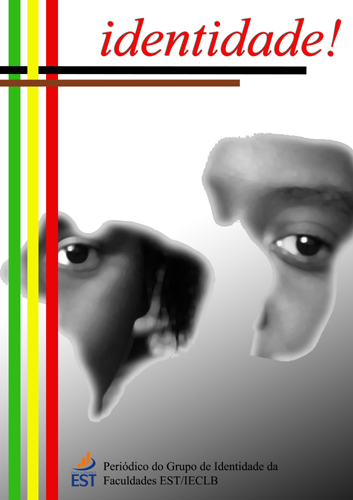The implementation of the Law 10.639/03 as a means of social inclusion
an ethnography of the law
Keywords:
Law, Public policy, Social inclusionAbstract
It is the aim of this article to discuss the difficulties and challenges of the implementation of the Law 10.639/03, as well as broadly address the public policy of the government in which this law is applied, as well as the way this law can be seen as a policy of social inclusion. The approval of the law 9394/96, the LDB, confirms and ratifies this trend in our Magna Carta of 1988 of respect and valorization of the diversity of the Brazilian people. In 2003 several thinkers teamed up with the objective of approving the law 10.639, which requires the teaching of African history and African-Brazilian culture in elementary and secondary education. However, making the law effective has encountered a number of obstacles that has made it still not leave the paper. It has been amended by Law 11.645/08, which includes the history of the indigenous culture, but the 10.639 is still within the area of discussions. For the realization of this study, an in depth literature review about the topic was carried out as well as a study of the documents, laws and ordinances of the government that deal with this theme. Some observations and ethnographic research in public state schools of Rio Grande do Sul in the areas of the 4th Regional Coordination of Education (Caxias do Sul) and 8th Regional Coordination of Education (Santa Maria) were also performed.
Downloads
Published
How to Cite
Issue
Section
License

This work is licensed under a Creative Commons Attribution-NonCommercial-NoDerivatives 4.0 International License.


